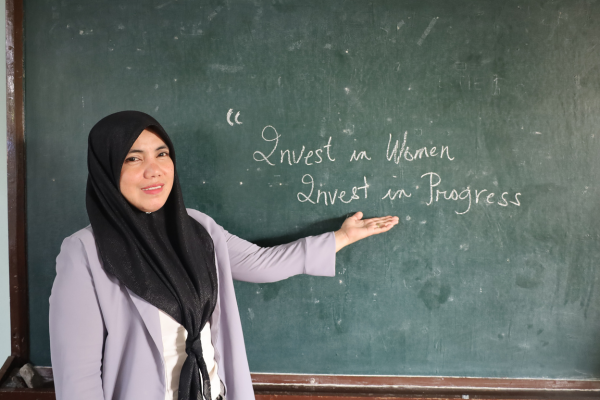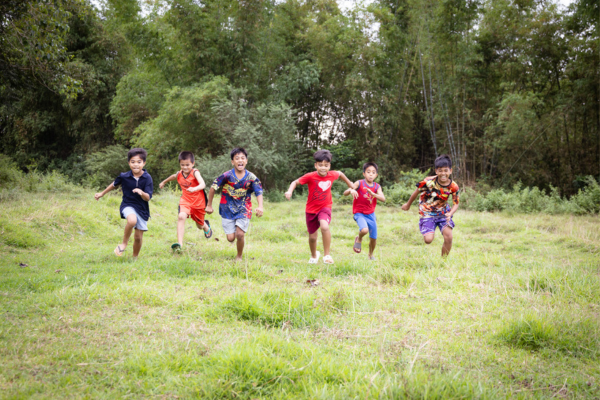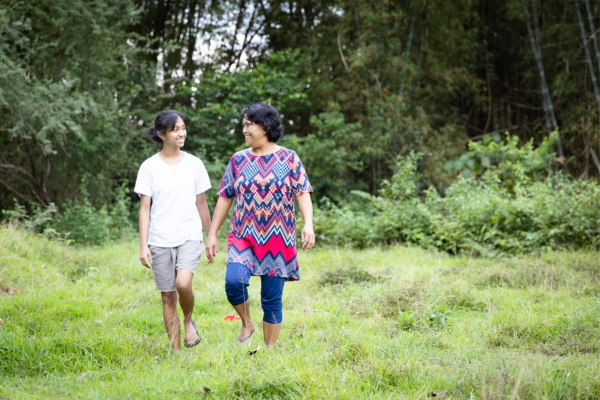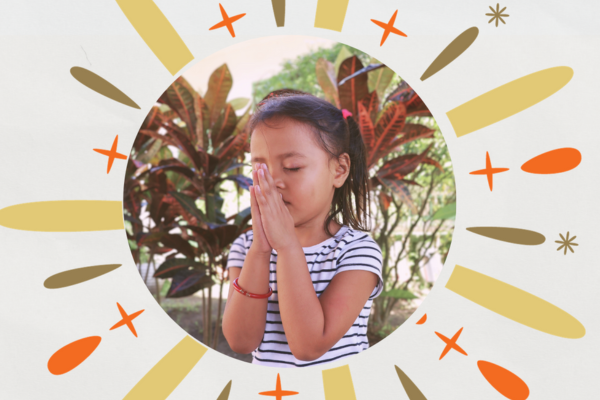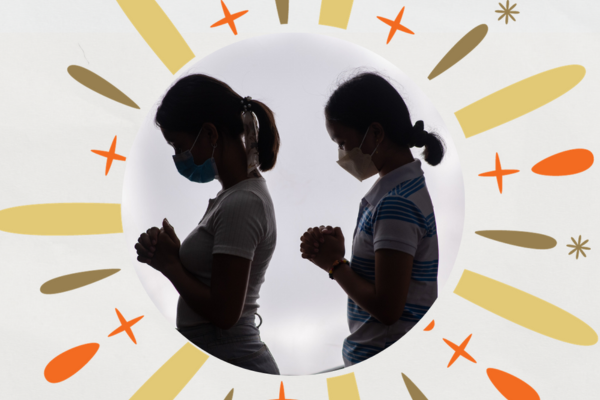A drop of hope: How a water system project change a young girl’s life
Antique ― On a hot Wednesday morning, 10-year-old Maybelle cheerfully prepares her morning ritual to kickstart her day. With a sudden twist of the faucet, a stream of cold water gushed forth, jolting her. She giggles.
A year ago, only 42 out of 450 families or 9% of the total households in their community had a direct water supply. Now, many of the families have easy access to water supply.
“There were days when I would just use a damp towel to freshen up, trying to conserve water,” Maybelle recalls.

She and her mother used to fetch water from a river which is approximately about a kilometer away from their home. They would walk a steep path, carrying water containers, as they tirelessly went back and forth to fill the barrels for later use.
“Some days I would go to class late because we were still fetching water,” she says.
Aside from fetching water from the river, Maybelle’s family used to collect rainwater from their roof, particularly on days when the path to the river became treacherously slippery.

“It’s a common resort for families with low income. Others would rely on their neighbors who own electric motor pumps that bring water directly from the river,” says Vicente, the community chairperson.
During dry season, Vicente also emphasizes the impact of scarcity of water sources on their livelihood, particularly in terms of growing food. With limited and difficulty accessing water sources, families struggle to adequately water their crops, resulting in decrease to no yields at all, that result in income losses.
Recognizing the pressing needs of the community propelled World Vision to initiate a water system project. The organization consulted the community, where local needs and concerns were carefully considered. World Vision also collaborated with government units to help tailor the water system to the village’s geographical terrain, water sources, and population distribution.

After the completion of the water system project, Maybelle no longer missed school to fetch water, and her mother had more time to attend to other household chores.
World Vision’s water system project eases the need to travel to distant rivers to fetch water to cultivate backyard vegetables. These homegrown vegetables are then sold in the market providing additional income for families. “World Vision’s water system project lightened the burden of having to restrict our income because of the difficulty in getting water,” Vicente says.


